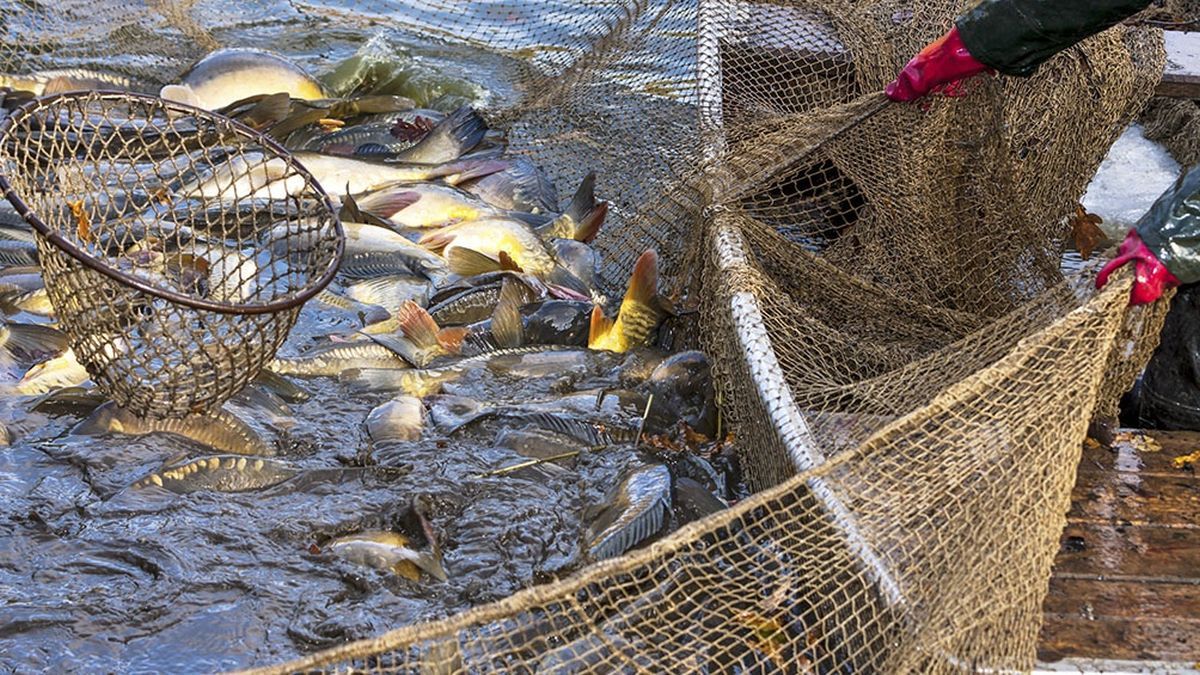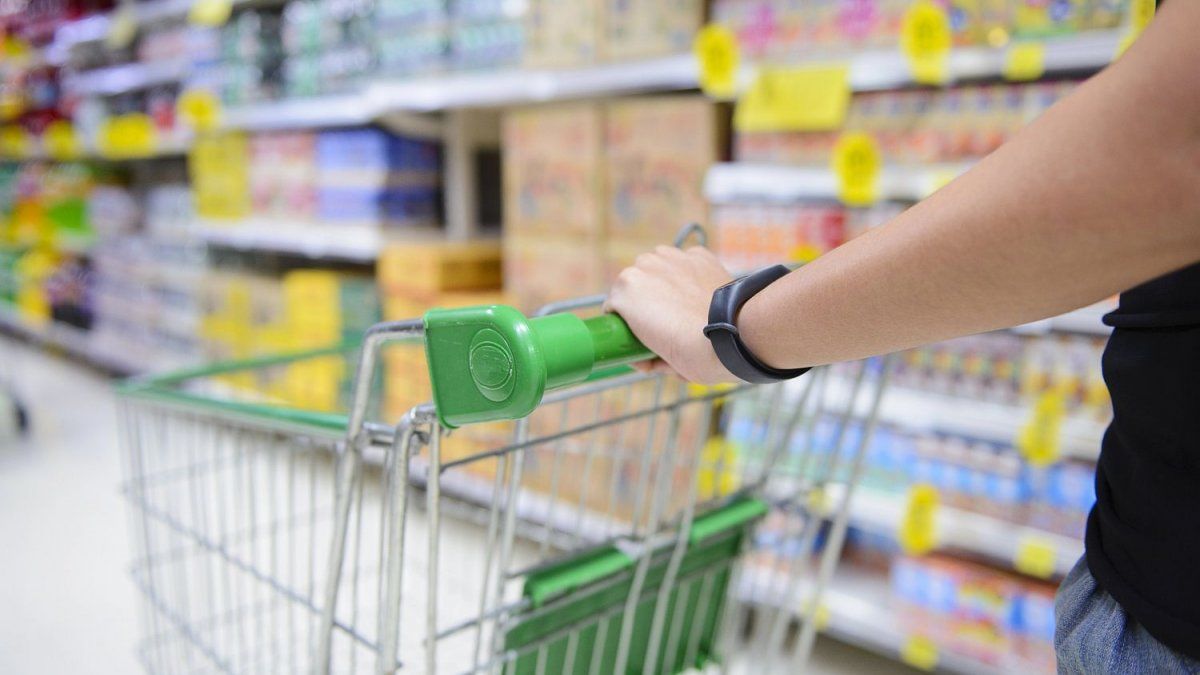The economic reactivation passes through the side to fishing. According to a study of the Latin American Fisheries Sustainability Foundation (FULASP), the sector is going through The worst crisis of the last 40 years. “The extraction and processing process It is more expensive than profits”, Warns the entity.
“Unprecedented crisis”, Thus, FULASP defines what the Argentine fishing industry lives since the last year. According to the report, the situation is the result of a confluence of economic, political and social factors that “They have eroded their sustainability and profitability”
In particular, FULASP highlights the “high tax costs, the increase in the single export law” as well as the increases in the “logistics, salary and pension costs” that are “Bringing to bankruptcy“To a sector that exports U $ 2,000 million a year and employ more than 40000 workers.
In turn, local problems are framed in a worldwide market crisis, marked by the consequences of the war conflict between Russia and Ukraineinflationary indicators in products buying products, the continuity of restrictive measures that were installed in the Asian market from the Covid-19 Pandemia, the significant Demand’s decline and the prices; added to the competition generated by aquaculture.
Exchange delay, the factor that harms more and more sectors
Anyway, Fulasp’s work emphasizes local exchange policy that “Finish throwing”The growth aspirations of the different links of industrial fishing.
In 2024, the official exchange rate increased approximately one 27.5%going from $ 808.45 at the end of 2023 to $ 1,031 in December 2024. For its part, the dollar counted with liquidation (CCL) registered an annual variation of the 18.5%increasing from $ 1,040 at the end of 2023 to $ 1,215 in December 2024.
Within that framework, the data show that, since the end of 2023, the dollar “Blend”, which uses the industry to celebrate its operations, had an average weighted average variation of 25 % leaving 93 points below inflation interannual of the same period, which was, in general, of 118%.
That exchange delay, FULASP said, more expensive in supplies such as fuels, spare parts and salariesshrinking margins and explains much of the current losses.
Whatsapp image 2025-03-11 at 16.36.33.jpeg
As an example, A ship that in 2018 had 20% profitabilityin 2024 it operates with 21% trip loss Due to this combination of lower prices and costs.
Thus, the study observed that between June and November 2024, the costs of operating a fresh ship rose so much (indexed by inflation and adjustments) that weekly losses They went from $ 5 million to more than $ 20 million. This scaling of fixed costs and variables suffocates companies, which cannot be transferred to sales prices.
In turn, the export values of the main species (hake, squid, shrimp) also descended, reducing profitability.
By case, in November 2024 The hake kilo was paid $ 600, compared to $ 700 in Junea low aggravated by the lower global demand. Even in the domestic market, the oversight and lower consumption carried the price of hake to just $ 0.66 USD/kg. “Insufficient to cover costs,” they say from the sector.
For all this, the entity concludes that of the Ten species, which total 93% of national fishing, nine are immersed in a structural crisis “without background” which practically affects the entire sector, since in 2024 the industry registered a total capture of 821,504.3 tons, with strong concentration in ten main species, which represented 93.12% of the total landing.
Raúl CerestoPresident of Fulasp, ensures that the claims that are broken down into the document are manifested in the Undersecretariat of Aquatic Resources, but “You don’t have the tools to give solutions” and the dialogue with the national government ends up being unproductive.
In turn, it indicates that the consequences are palpable in industries, in terms of employment: “There are paralyzed fleets, mainly in Mar del Plata, and are closing processing establishments”warns Creseto.
To prevent the situation from climbing, the head of the agency claims with a table of “Dialogue and consensus” To agree, among other things, do not charge export rights about an activity that “has no profitability and works at a loss.”
Source: Ambito




